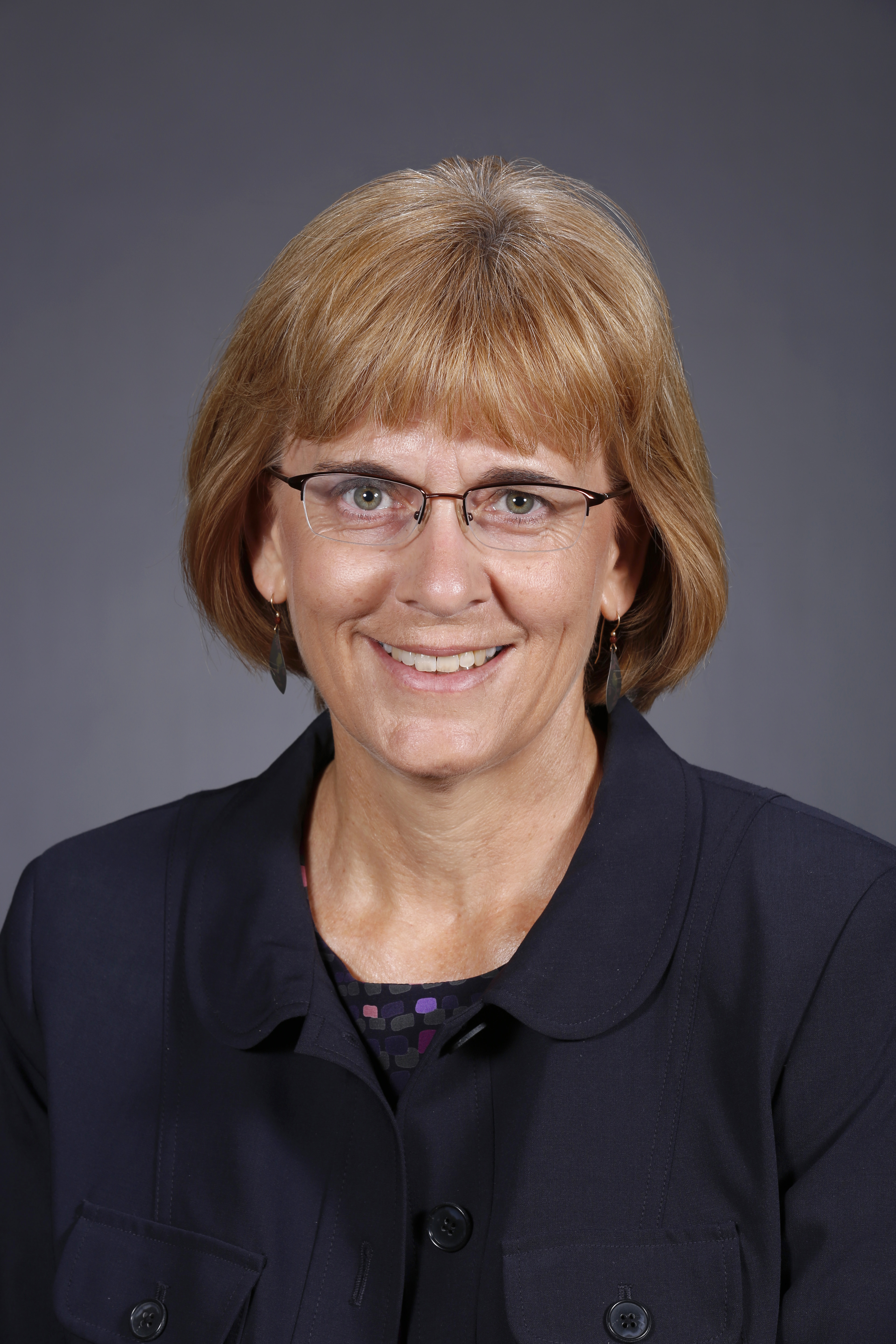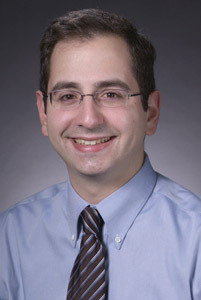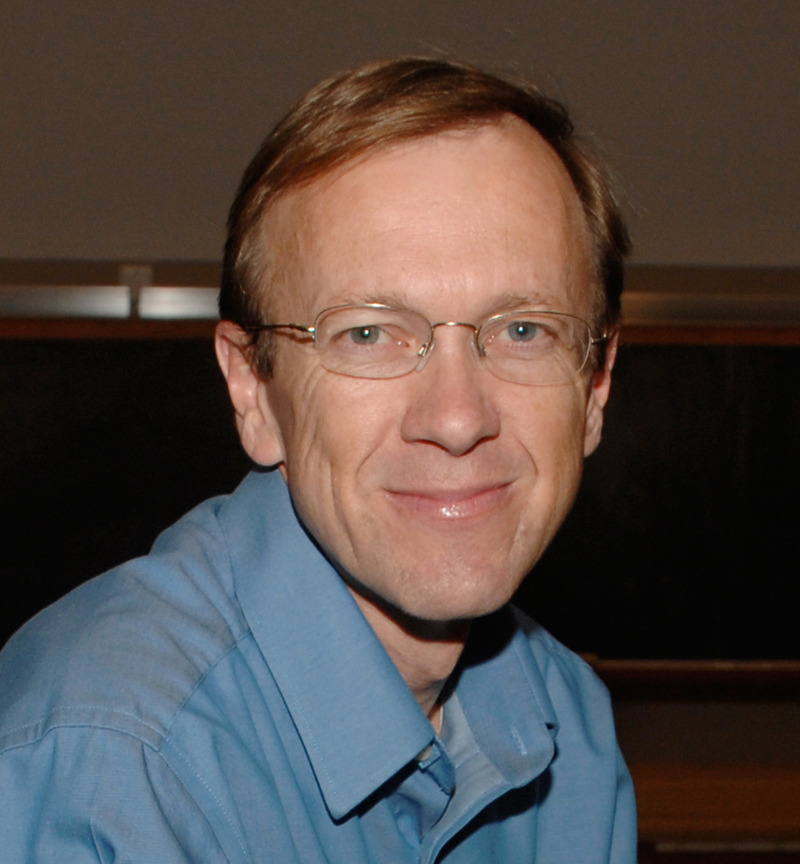AMES, Iowa -- Iowa State University has received nearly $10 million in funding from the National Science Foundation (NSF) to improve diversity in both the professional STEM workforce and academia.
“Iowa State faculty in every college and department are focused on creating inclusive environments for their students and peers,” said President Steven Leath. “We are pleased to share the federal government’s commitment to prepare a STEM workforce that is strong not only in numbers, but also in its diversity.”
The grants represent a significant win for Iowa State’s faculty researchers. The National Science Foundation typically funds only 10-20 percent of the proposals it receives. The science, technology, engineering and math programs listed below represent numerous grassroots collaborations among faculty, as well as significant outreach to educational partners, including Iowa’s community colleges.
LSAMP – Louis Stokes Alliances for Minority Participation; $5 million
Principal Investigator: Jonathan Wickert, senior vice president and provost
Iowa State leads the Iowa-Illinois-Nebraska (IINSPIRE) LSAMP, an alliance of 16 institutions focused on increasing the quality and quantity of students successfully completing undergraduate STEM programs; and increasing the number of underrepresented students who pursue graduate degrees. Strategies to achieve these goals include supporting students’ academic, social, and professional development; expanding undergraduate research opportunities for underrepresented students; and enhancing STEM transfer partnerships between two- and four-year institutions.
LSAMP partners include the University of Iowa, University of Northern Iowa, Augustana College (Illinois), Des Moines Area Community College (DMACC), Doane University, Eastern Iowa Community College District, Grinnell College, Hawkeye Community College, Iowa State University, Iowa Valley Community College District, Kirkwood Community College, Little Priest Tribal College, Luther College, Nebraska Wesleyan University, University of Iowa, University of Northern Iowa, Upper Iowa University, and Wartburg College.

Diane Rover
"The ultimate goal of LSAMP is to increase the number of students who earn doctorates in STEM fields, particularly those from underrepresented populations,” said Diane Rover, University Professor of electrical and computer engineering. “We will be focused on expanding inclusive mentoring and teaching practices, providing high-impact educational experiences, and helping students gain confidence through undergraduate research and professional development activities.”
S-STEM – NSF Scholarships in STEM; $4M to ISU
Principal Investigator: Joe Zambreno
The S-STEM program provides financial support to help low-income, academically talented students obtain STEM degrees and enter the workforce or graduate study. The program also aims to improve the education of future scientists with a focus on low-income students; and develop strategies to improve retention and graduation rates.
Iowa State’s S-STEM initiative, ECSEL: Electrical, Computer, and Software Engineers as Leaders, is a partnership between the Department of Electrical and Computer Engineering, Program for Women in Science and Engineering, Des Moines Area Community College, and Kirkwood Community College. The initiative will fund 582 scholarships over the next five years for students majoring (or preparing to transfer) in electrical engineering, computer engineering, and software engineering, as well as implement a student experience model to help participants thrive and succeed in their degree programs.

Joe Zambreno
“One area where we will be particularly focused is on creating opportunities for women, to address their underrepresentation in the electrical engineering and information technology workforce,” said Joe Zambreno, associate professor of electrical and computer engineering. “We also look forward to working with DMACC and Kirkwood on cybersecurity education, a significant strength of Iowa State, and a high-demand field for both working professionals and graduate students.
AGEP – Alliance for Graduate Education and the Professoriate; $564,000
Principal Investigator: Craig Ogilvie
AGEP’s primary goals are to significantly increase the number of underrepresented students obtaining graduate degrees in STEM fields and enhance their preparation for faculty positions in academia.
Iowa State is involved through the Center for the Integration of Research, Teaching, and Learning Network (CIRTL) and is coordinated on campus through the Graduate College and Center for Excellence in Learning and Teaching. CIRTL members participating in the AGEP program include Boston University, University of Buffalo, Cornell University, University of Georgia, Howard University, University of Maryland, Michigan State University, Northwestern University, and the University of Texas at Arlington.

Craig Ogilvie
“Underrepresented graduate students often lose interest in faculty careers due to a non-inclusive climate in their academic departments,” notes Craig Ogilvie, Morrill Professor and assistant dean of Iowa State’s Graduate College, and principal investigator for the AGEP and NSF INCLUDES grants. “By working and sharing best practices with our partners in CIRTL, we hope to increase students’ sense of community and belonging, and sustain their interest in academic careers after graduation.”
NSF INCLUDES – Inclusion Across the Nation of Communities of Learners of Underrepresented Discoverers in Engineering and Science; $16K
Principal Investigator: Craig Ogilvie
The CIRTL INCLUDES group, which includes Iowa State, also received seed funding to develop a national alliance to prepare graduate students and postdocs to become new faculty, and to help them create inclusive learning environments that enable underrepresented students to succeed.
Iowa State will build a regional collaborative with Des Moines Area Community College, Kirkwood and Marshalltown community colleges, University of Iowa and University of Northern Iowa; and work with national partners that include Achieving the Dream, Advanced Technological Education Central, American Society for Engineering Education – Two-Year College Division, National Institute for Staff and Organizational Development, and American Mathematical Society of Two-Year Colleges. The current project will lay the groundwork for a five-year, $2.5M proposal that will be submitted in the spring.